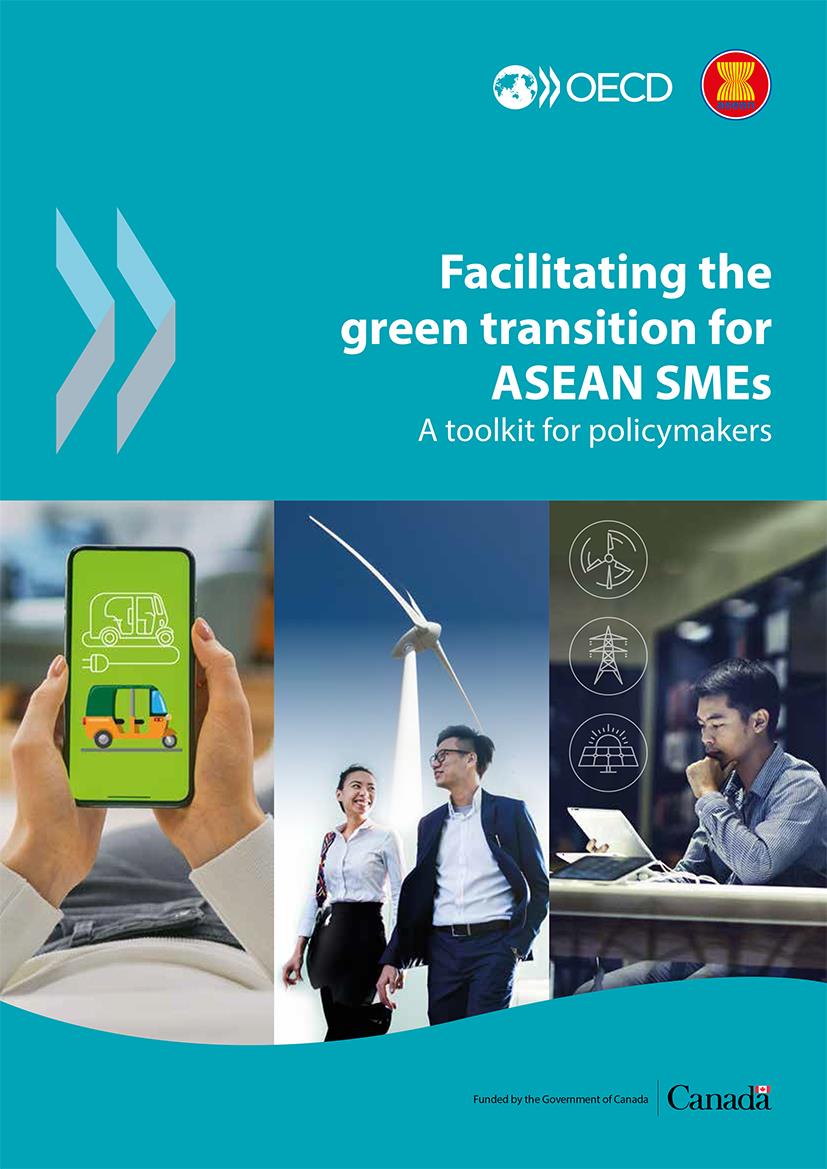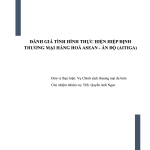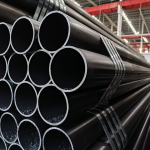Total number of posts 50.
 Time: 04/2021
Time: 04/2021
By: OECD
There is growing global recognition that efforts to efforts to recover from the economic impacts of the COVID-19 pandemic must also contribute to lowering emissions and improving the environmental performance of the economy. This is true in the ASEAN region, where the ASEAN Comprehensive Recovery Framework (ACRF) includes the transition towards a green and circular economy. The greening of small and medium enterprises (SMEs) is an essential component of the green recovery. SMEs constitute the majority of businesses throughout the world, and they face unique challenges in adopting greener practices. Some of these challenges are those that SMEs face more broadly – access to finance, regulatory barriers, and information deficits. There are also additional barriers to SMEs looking to go green, not least in understanding what techniques and technologies are most appropriate in a given situation, what are the optimal ways to access them, and how to make sure that they enhance economic competitiveness.
As the economies in the Association of Southeast Asia Nations (ASEAN) continue to grow and develop, SMEs remain a primary driver of economic growth. Ensuring that growth is green, and that SMEs are part of that growth, will help make economies more competitive internationally, enhance access to export markets and to international value chains, and improve business competitiveness and quality of life.
The document is attached below.















